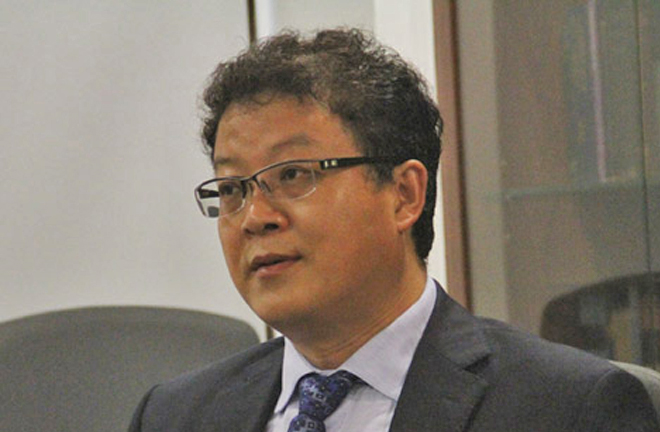WANG JIANGYU: Multiculturalism cannot cure problems of European Union
 For a long time, Europe has been admired for its metropolitan cities, magnificent old buildings, idyllic countryside, cradle-to-grave social welfare systems and protection of human rights as well as a harmonious social atmosphere. In addition, capitalism, together with modern Western political thought took root in Europe, and modernization is generally believed to have originated there. Now the continent is also regarded as a successful model of economic, political and social integration for the world.
For a long time, Europe has been admired for its metropolitan cities, magnificent old buildings, idyllic countryside, cradle-to-grave social welfare systems and protection of human rights as well as a harmonious social atmosphere. In addition, capitalism, together with modern Western political thought took root in Europe, and modernization is generally believed to have originated there. Now the continent is also regarded as a successful model of economic, political and social integration for the world.
However, the project of European integration is facing at least four existential challenges: weak economic growth and a financial meltdown within the euro zone, a refugee crisis, the threat of terrorism, and the potential for a rift in the European Union in the wake of Brexit. In particular, the crises caused by terrorism and the influx of refugees might threaten the survival of Europe. Behind these issues is a deeper problem related to the concepts and practices of multiculturalism.
The European Union has incorporated multiculturalism into its agenda since the 1990s in an effort to establish a diverse continent that respects human rights, a plurality of religions, cultural diversity and equality.
But such an ideal society is far from reality, and the European Union is facing unprecedented challenges caused by the failure of policies to live up to ideals of multiculturalism in practice.
One of the biggest changes Europe has seen is the massive wave of immigration from the Middle East and North Africa that occurred after World War II, which resulted in changing demographic structures as European countries transitioned from ethnically homogenous nation-states to multi-ethnic countries. Different countries followed distinct models to deal with diversity and immigrant integration.
The United Kingdom, the birthplace of multiculturalism, has realized the wisdom of making immigrants stakeholders in the country and given various ethnic communities an equal stake in the political system by setting up central and local groups to allow immigrants to participate in politics and allocate resources according to their needs. Thus, a number of special organizations based on a range of ethnicities and religions surfaced, but these organizations highlighted their distinct peculiarity from the mainstream.
By contrast, the German model has encouraged immigrants to pursue separate lives and maintain their original languages in lieu of integrating them into society as citizens. For example, the immigrants from the Mediterranean coast, who are mainly Turks, have long been treated as guest workers in Germany, and they are expected to return to their home countries after the completion of each project. So far, only a quarter of the guest workers have acquired German citizenship.
France diverged from the aforementioned models to seek an optimal path. The original goals of the French model may have been noble, but the reality is the opposite. Based on its longstanding political ideals, such as liberty and equality, France adopted a “republican model” to try to smooth out differences and fully absorb immigrants into the nation’s culture. As a result, there is the semblance of equality, but many immigrants still cannot get the necessary aid and continue to live on the margins of society. Differences in lifestyle, religion and culture hinder integration into the social mainstream.
Overall, the integration of immigrants in Europe has not been successful, and there is a tension between the immigrant communities and society at large that has even inspired intense racial conflicts. A major consequence of multiculturalism is the rise of identity politics, and people are inclined to distinguish themselves by ethnic identity, which feeds right-wing populism as well as religious fundamentalism. The former has swept across Europe and is manifested in a xenophobic hostility to immigrants, the euro, the European Union and free trade, while the latter, especially radical Islam, has become increasingly influential.
The article was translated from People’s Daily. Wang Jiangyu is an associate professor at the National University of Singapore.
